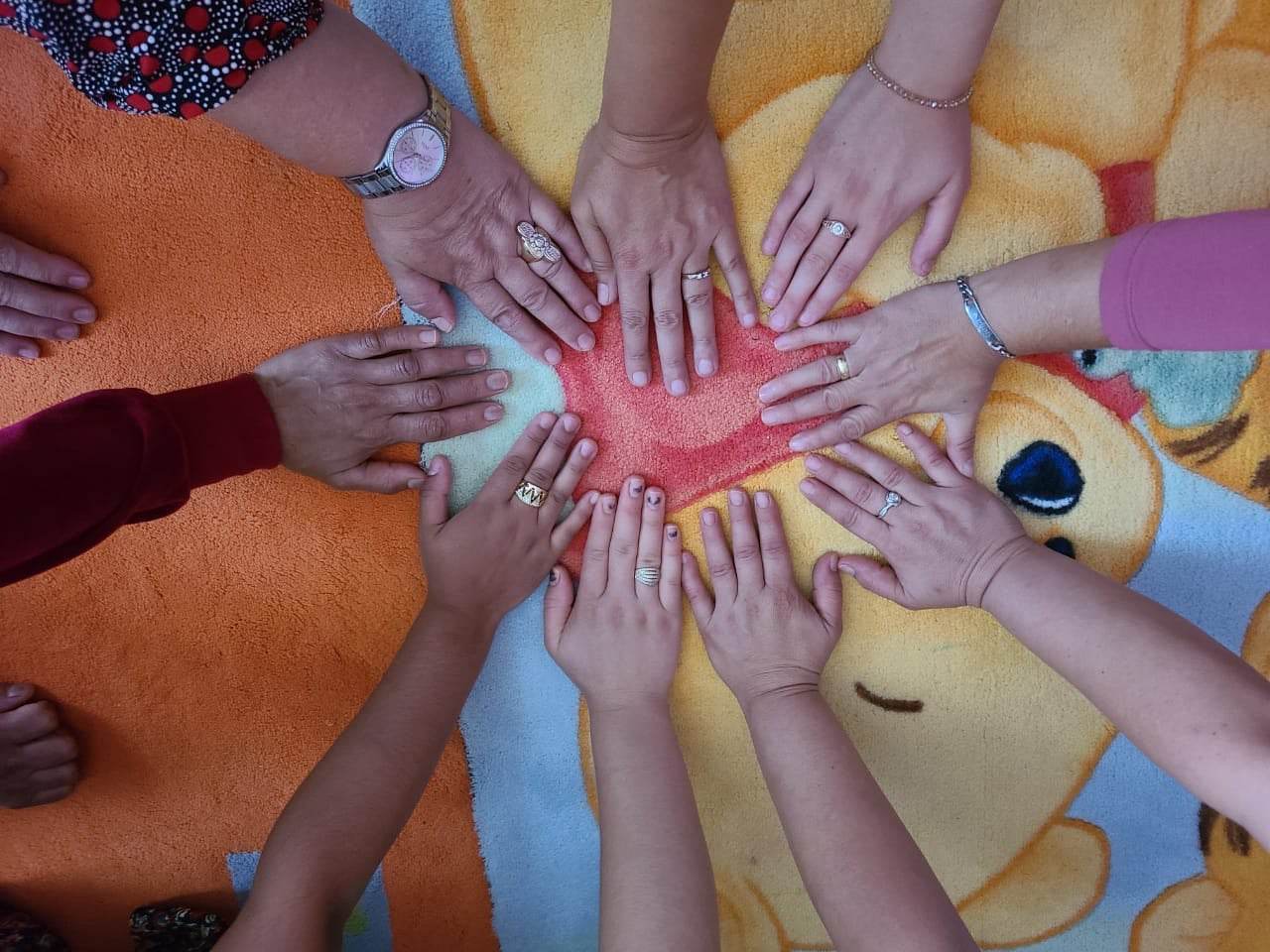For 20 consecutive years, “Shtëpia e Sigurtë” (Safe House) shelter in Gjakova has provided refuge and security to thousands of women and girls who have endured domestic violence and gender-based violence. Throughout the years, the shelter has implemented various initiatives, including healthcare services and physical protection for victims of gender-based violence. Additionally, the shelter has focused on economic empowerment programs for victims and rehabilitation programs for perpetrators of violence.
“Shtepia e Sigurtë” has continued to expand its activities and services from April 1, 2022, to March 31 of the current year. During this period, 30 women residing in the shelter have received valuable support through psycho-social and legal counseling. As a grant recipient from the 17th round of the Kosovo Women’s Fund (KWF), the shelter participated in the initiative sycho-social empowerment of women who have experienced domestic violence and raising awareness of abusive partners through psycho-social counseling” Notably, the shelter also extended similar counseling services to five men who are perpetrators of gender-based violence.
Prior to conducting these sessions, the “Shtëpia e Sigurtë” shelter focused on enhancing its organizational capacities to effectively address perpetrators of violence. Erblina Dinarama, the director of the shelter, highlights that the treatment of perpetrators is carried out through individual sessions, which typically last between four to six months, depending on the specific case.
“At the conclusion of the treatment, a comprehensive report is generated for each individual and forwarded to the relevant institutions. For instance, if a perpetrator of violence is referred to us through a court decision, we collaborate with the probation service to provide treatment. Once the treatment is completed, we prepare an individual work report and submit it to the probation service,” she elaborated.
However, Dinarama has also highlighted some of the challenges encountered when working with perpetrators of violence. “The most difficult aspect is persuading them to engage in psychosocial treatment because many of them believe they have done nothing wrong. Nevertheless, individuals in need of treatment can reach out to us directly or be referred through relevant institutions such as the court or the center for social work,” Dinarama explained.
In general, the rehabilitation of violent or abusive partners can be a demanding yet worthwhile process. It has the potential to break the cycle of violence, safeguard victims, foster healthy relationships, and address underlying issues that may contribute to abusive behavior.
In addition to its ongoing efforts, Shtëpia e Sigurt has successfully reached out to 20,000 individuals over the course of a year to raise awareness about legal rights related to gender-based and domestic violence. This was achieved through various channels, including social media, online counseling, and a dedicated telephone helpline.
Erblina Dinarama explains that the provision of psycho-social and legal services for women victims is carried out through face-to-face meetings, tele-counseling, and the shelter’s toll-free telephone line. These services were developed by the shelter’s psychosocial counselor and psychologist, with the support of the shelter’s lawyer.
The Shtepia e Sigurt project received support from KWF and was funded by the European Union Office in Kosovo as part of the KWN initiative called “Building the Capacities and Sustainability of CSOs: Advancing Gender Equality in the Midst of the COVID-19 Pandemic.”







